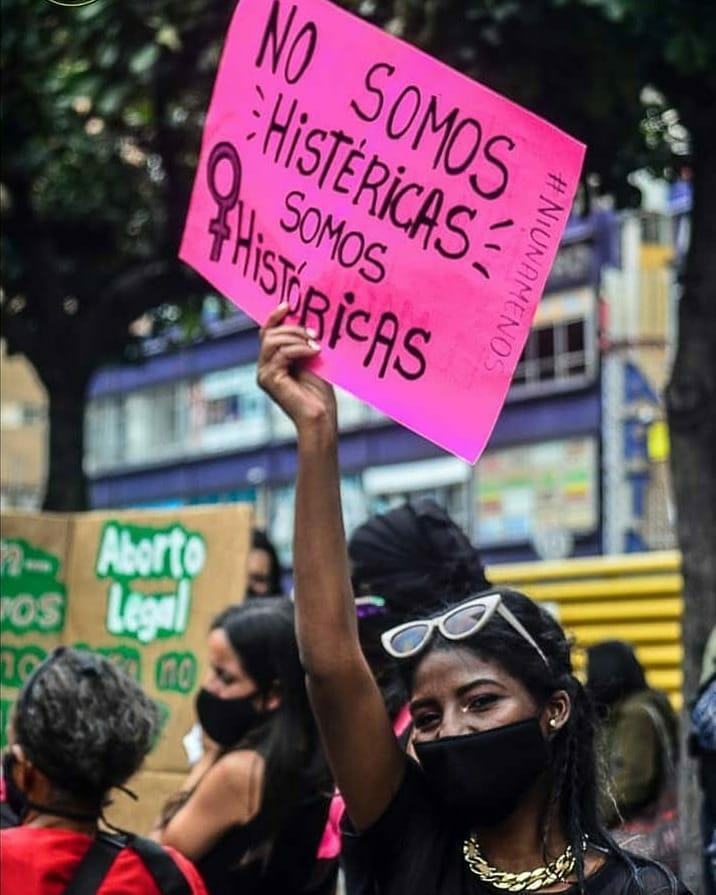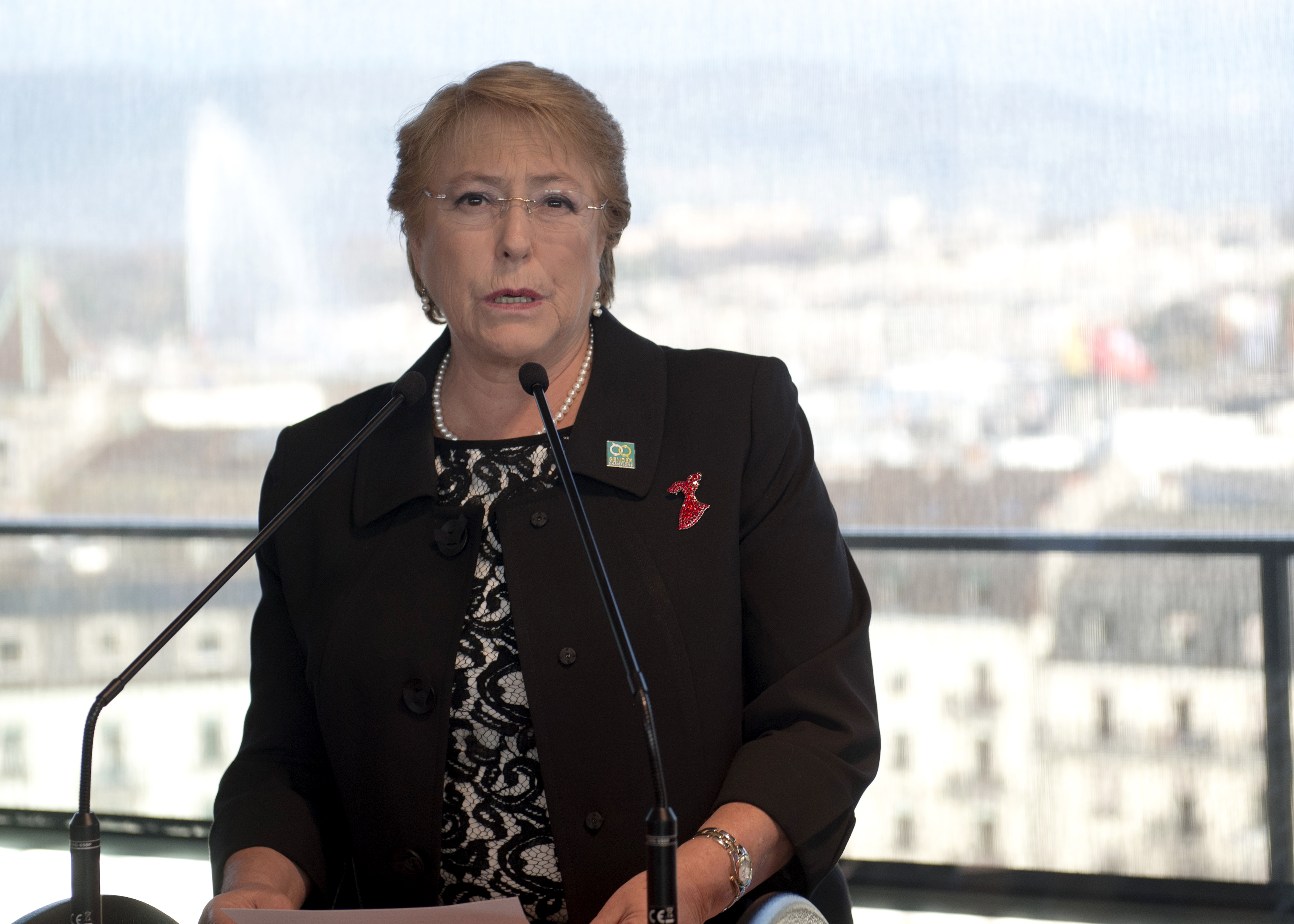Migrating is always a radical decision, whether you do it consciously or unconsciously. We are always running away from something, saving ourselves from something, or, in some way, preserving our life. The problem is that it is tough to admit that to ourselves.
When I decided to migrate, of course, I was not aware of how radical my decision was. I started flirting with the idea when I was twenty-two years old and working on my thesis to graduate with a BA in Political Science.
Maira Montilva, my friend, professor, and thesis advisor, occasionally let slip the beautiful memories she had of her days as a student of a master’s degree at the Catholic University of Chile in Santiago. I was caught up between listening to her and trying to make her pay attention to my thesis, so I began to fantasize about a more southern, more intellectual, and more modern city, which could be a great stimulus for my hungry mind.

And the day of thesis defense arrived. Getting the highest grade possible and a publication, added to the praise of my teachers, changed the vision that my parents had regarding my professional aspirations. During lunch with my official tutor and my always faithful advisor, we managed to make those who had always had doubts about my future see its value. While the wine was running out, Maira made my stepfather promise that he would pay for my master’s degree at the Catholic University, and she was so sure of it that she herself joined the plan. We would both live in Santiago in the near future; we just had to start planning.
January 2015 and I was still a year and a half away from the plane that finally brought me to Santiago, but as soon as the typical leisure time of a recent graduate arrived, I came up with a great idea: to start a feminist project. Don’t think that this idea was born out of nowhere; I have always been a feminist, even in high school a teacher sent me to the psychologist to treat my “pathology”.
I took Gender Studies while in college, and this only gave a name to this monster and introduced me to the perfect partners for the kickoff. Since I had time and privileges, I called a meeting at my house and wrote “First meeting of Proyecto Mujeres (Project Women)” on a whiteboard.
Later on, Maira joined this project, which I thought was almost like a fanzine, but which other colleagues made bigger. We signed up as a foundation, did our first media tour, organized our first event, and ran our first campaign; very fast, very beautiful.
Meanwhile, the idea of the initial fanzine was materialized in an Instagram account in which we recorded everything we felt: Virginity is a myth, “compliments” are street harassment, the contraceptive pill is vital for health and female freedom, and Venezuela is deeply macho. In July 2015, Estefanía Reyes, who is the current President of the foundation, consecrated our editorial line with: “what if we start a radio show?”

I do not want to dwell too much on the achievements of the Proyecto Mujeres Foundation (which is also much bigger today than when I left it); I want the abovementioned to illustrate how active I felt in Venezuela. With Proyecto Mujeres, I was useful, I had a purpose, made some money from the radio show, and even occasionally received some recognition. It was the dream job.
But as soon as my university diploma arrived, the countdown was activated: “When are you leaving?” “How long do you have until you leave?” Between my joy and that of my parents, we had told many people about my plan to migrate, and now I felt that they were kicking me out. I was happy, I was busy, but every day I felt that soon I would have to go.
That is how I discarded my idea of a Master’s degree at the Catholic University because, as an alumna of a Catholic school, I did not want to know more about the Social Doctrine of the Church or learn from anyone who used it as an instrument for analysis.
Feminism was now my dogma (it sounds terrible, but it was) and a Master’s at the University of Chile, in Gender and Culture Studies, had reaffirmed my decision to come to Santiago. Perhaps I would come back with new knowledge that would help me make Proyecto Mujeres grow and migration would be, far beyond that, the study-abroad adventure that I had always wanted. I was not going to migrate, I was going to study.
I hadn’t talked to Maira for a long time when all my paperwork was almost ready. She was on hers and I was on mine, taking care of my final tasks and feeling the pressure that my boyfriend, with whom I had been for 5 years, had already bought his one-way ticket to Santiago de Chile.
It was a relief to know that when I arrived, I would already have company, but migration was breathing down my neck, Marce. Although I had not even applied to the Master’s yet, I felt the rush everywhere. The day I went to Puerto La Cruz to legalize my university degree, I cried while staring at the moon. My romantic heart found solace in the thought that, despite the distance, I would be looking up at the same moon while being 4,500 km south.
I arrived in Santiago on June 8, 2016, even though Maira had warned me not to migrate in winter. I was received by my boyfriend, who today is my husband, in a studio apartment located downtown. Although I was not accepted in the Master’s, I already had a job a month after my arrival. It was an advertising agency that allowed me to be a “Community Manager” (applying what I learned with Proyecto Mujeres’ Instagram) and gave me my first Chilean friends. All of them, along with my husband and the studio apartment, were witnesses to my very tough first months. Migrating is not easy, and I made it bearable amid tears, overwork, early rises, and a lot of alcohol.

I will leave my wild stories of Santiago for a different occasion, but here I lived my teenage years for the second time. I will always be grateful to this city for that. Adolescence is rebellious, like going to Viña del Mar after work and coming back the next day, but it is also vulnerable like conchetumare (bastard in Chilean slang).
All those things happened, but I acknowledged them years later when crying was a habit and life changed one professor for another. Maira died. Well, she committed suicide when life in Maracaibo became too tough for her sensitive soul. However, I was lucky enough to find another curly-haired girl that would become my guide, to devise, together with her, a second feminist project: Mujeres Migrantes Foundation.
Speaking saves, right? That is why we do it. When we speak, we create. Speaking, having the ability to speak, orally or in writing, is what differentiates us from other animals and what has kept us as the most powerful predator. Speaking organizes us, protects us, unites us, and saves us.
Mujeres Migrantes Foundation was born to two women who felt saved by speaking and had to share it with others. Pamela, my second Chilean-Venezuelan guide, knew a lot about Cultural Transformation and the Biology of Knowledge, and she put at the service of the painful Venezuelan diaspora. And what I wanted was to feel useful again. Pamela was my instrument, and since then, I have been as useful to her as I can. We started with talks where we simply talked about our migrations, and from there, we didn’t stop.
This is a beautiful project with growth expectations. More than two hundred migrant women have attended our activities and are part of our critical support network. We rely on the conversation as a powerful instrument, but we are aware and recognize that the bonds created in the encounters weave the vital networks that protect us in our new homes.
Our job is to recognize the vulnerabilities of migration and rebuild the networks that appease them. Talking – reconnecting – acknowledging – rebuilding. We speak to free ourselves in a space of containment where we connect with other women who have gone through the same. There, we recognize our story’s vicissitudes, which is extremely important because only by recognizing them can we amend them, for ourselves and others.

It was in the conversations of Migrant Women that I recognized myself in my second adolescence. It was there that I realized that I went out to parties to ease the pain and that I was more vulnerable than ever. It was there that I saw that for years I had nullified my feelings because I had very old well-guarded pain, which migration was now stiring. It was there that I learned that I was never an “international student” and I was always a migrant, even if it hurt me to admit it, because deep down I knew that I would not return. It was there that I saw that I needed to leave Venezuela to escape from a very big house that didn’t give me the space I needed. It was by listening to my own story, but also that of many others, that I learned that migrating had been a radical decision for me. That I had no choice, that there was no more space left for me, and the same thing happened to them. Migrating like this, without knowing when you’ll return, is always to save your body or your soul. It always implies that there is no other option.
That’s why Maira wanted to migrate, that’s why she only talked about going back to Santiago. She finally found herself at the crossroads and the path that led her to our fantasy was blocked. But she put me here, my guide, my friend, and now I see her in every curly-haired girl I cross on the street that, with her divine brown skin, enjoys winter in Santiago as if she were in Patanemo. There is much to do here in Santiago and although I do not know if I will stay forever, today I have a purpose, a husband, some girlfriends who are my guide, my sister (who I brought with me), a dog, a couple of great friends and a crush that came to my life a couple of years ago, and that no reality slap will ever vanish: thank you Maira, thank you Santiago.

Translated by: Pascual Díaz




